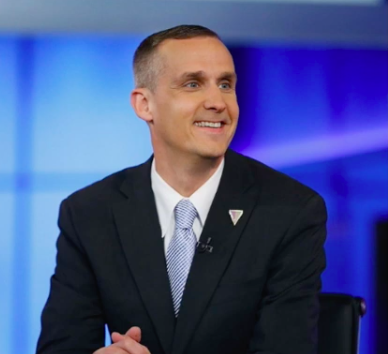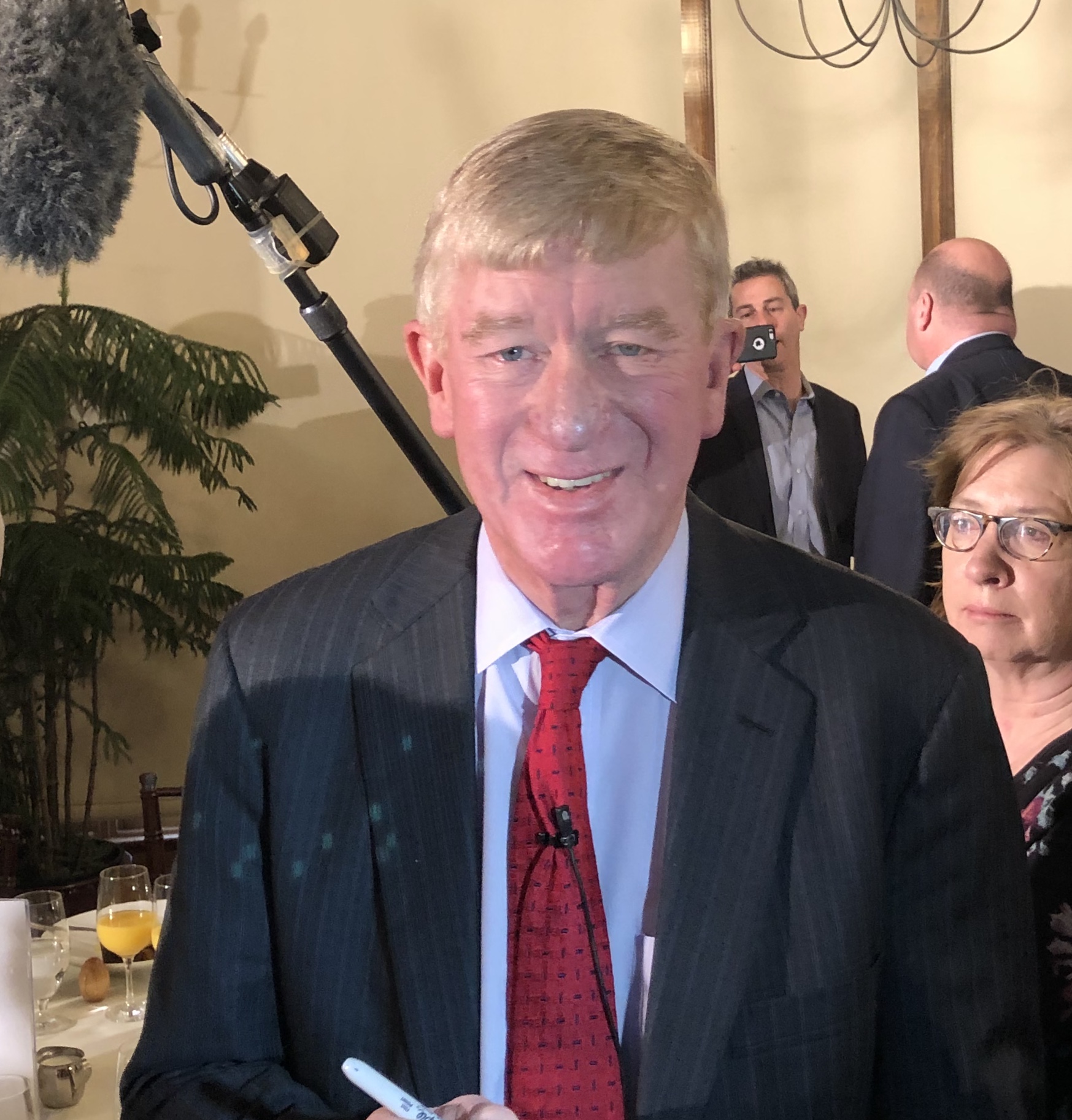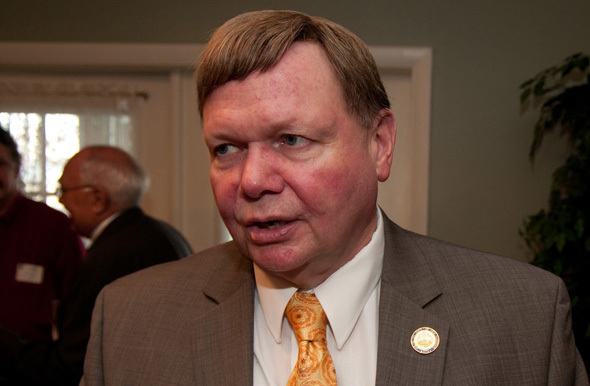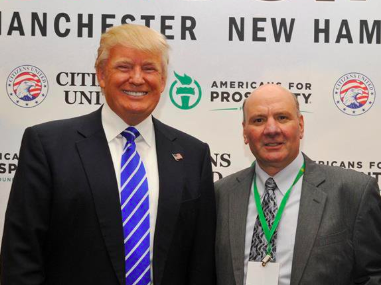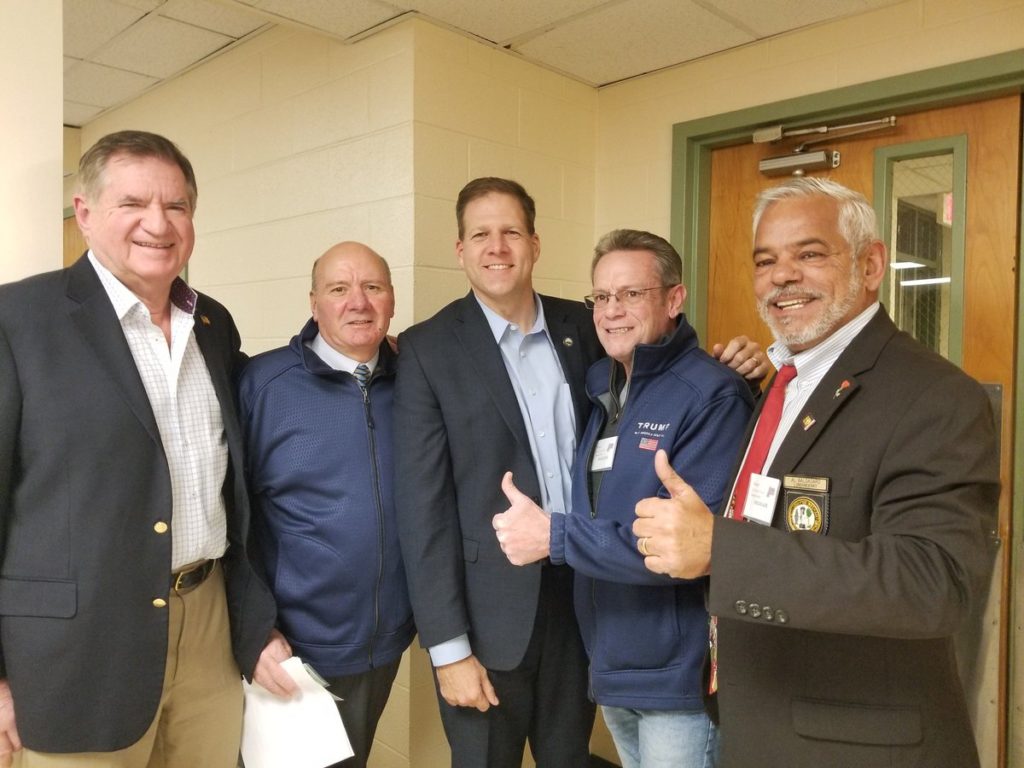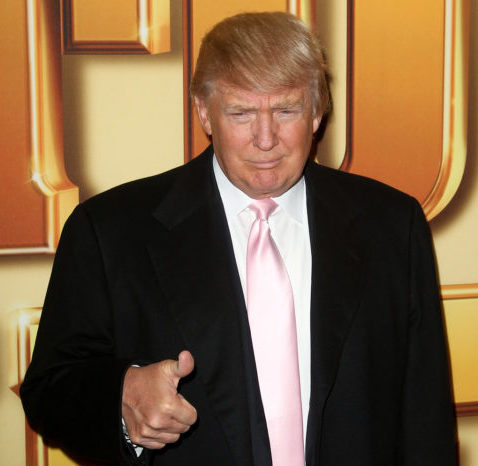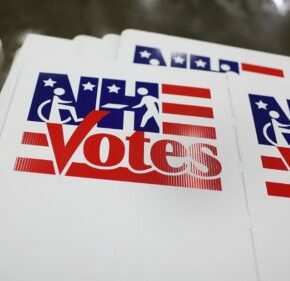
So what happened in New Hampshire on Tuesday? Here are all the numbers you need to know:
RECORD SETTING TURNOUT
Total turnout was about 580,000 ballots cast, “the first time we’ve broken the half a million mark in a midterm,” Secretary of State Bill Gardner told NHJournal, “and the first time we’ve had a midterm turnout higher than any presidential primary.”
“All that, on a day when we had bad weather, too. If people have the will to vote, they will make the effort–rain or no rain.”
NEW HAMPSHIRE VOTERS LOVE TO SWING
There were 573,735 votes cast in the race for governor: Gov. Chris Sununu, 302,838; Democrat Molly Kelly, 262,408.
Republican Sununu’s margin over Democrat Kelly: 40,430.
A total of 560,034 votes were cast for the major-party Congressional candidates: 310,320 for the two Democrats; 249,714 for the two Republicans.
The Pappas/Kuster margin over Edwards/Negron: 60,606.
That’s a 100,000 “swing vote” margin just in the top-tier races–about 18 percent of voters split their tickets for governor and Congress.
Or put another way, Republican Chris Sununu outperformed the two GOP congressional candidates by 53,000 votes, while Molly Kelly underperformed her Democratic colleagues by 48,000.
“It’s not that unusual, actually,” Gardner told NHJournal. “When Ronald Reagan ran in 1980, he won New Hampshire by a 2-1 margin. The same year, the Democrat running for governor won 2-1, too.”
(NHJournal checked, and Gardner was right: Reagan got 58 percent of the vote in New Hampshire in 1980, and incumbent Democratic governor Hugh Gallen got 59 percent.)
GOP TURNOUT WAS GOOD. DEMOCRATIC TURNOUT WAS BETTER
“The Democrats did an unbelievable job of drilling down into the lower-tier GOTV universes,” Greg Moore, Executive Director of Americans for Prosperity-New Hampshire, told NHJournal. “Net-net, they brought out 320,000 of their folks and the conservatives brought out 260,000.
“To put that into perspective, Eddie Edwards in the NH-01 race got 6,000 more votes than Republican Frank Guinta did in 2014–and Guinta won by 9,000 votes. Edwards lost by 24,000.”
THE KIDS ARE ALRIGHT. AND MOSTLY DEMOCRAT.
Billionaire Tom Steyer has been bragging for more than a year about the $1 million or so he planned to spend in New Hampshire getting college students out of their dorms and into the polls. His organization NextGen America had almost 40 paid workers covering the campuses, and according to NextGen’s New Hampshire comms person Kristen Morris, it worked. She tweeted:
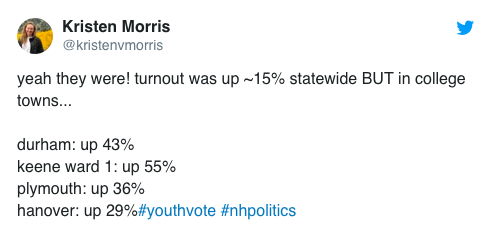
THE GOP NEEDED A BIGGER WIN BY SUNUNU
It’s easy after a wave election–and that’s certainly what happened in New Hampshire–to simply be grateful the party held onto the governor’s office. But several NHGOP pros have noted that the governor’s race was closer than it should have been, and the rest of the ticket suffered.
“With a popular incumbent governor running for re-election against a hitherto unknown former state senator, Molly Kelly significantly out-raised and outspent him,” veteran GOP strategist Tom Rath told NHJournal. “And that should never happen. Keeping the governor’s race close allowed the Democrats to make big gains down ballot.”
SHOW THEM THE MONEY
Final numbers aren’t in, but it’s clear that New Hampshire Democrats had a huge financial advantage, in part because of a massive amount of money donated through the ActBlue program at a national level (more than $1 billion in small-dollar donations alone), some of which made its way to New Hampshire. And in part because Republicans did not raise the resources they needed.
“We’ve been outspent in the past,” outgoing Senate Majority Leader Jeb Bradley told NHJournal, “but not like this. This time it would appear our Democratic colleagues had so much money that it almost didn’t matter how they spent it.”
“Drilling down as deeply in their GOTV efforts as the Democrats did takes tons of money,” Greg Moore notes.
And GOP strategist Mike Dennehy is even more blunt: “If New Hampshire Republicans don’t figure out fundraising, they can kiss this state goodbye.”
ALL THINGS BEING EQUAL, NH VOTERS WANTED TO VOTE DEMOCRAT.
At the Union-Leader, Kevin Landrigan picks up on the fascinating story of Manchester Republican Ed Sapienza.
“A lifelong Democrat, Sapienza changed his party affiliation to the GOP last spring to run for Hillsborough County Register of Deeds,” Landrigan reported. When nobody filed to run as a Democrat, some friends of Sapienza wrote him in during the primary and so his name appeared on Tuesday as both the Republican and Democratic nominee.
“In rock-ribbed Republican Merrimack for example, Sapienza the Democrat got 500 more votes than Sapienza the Republican did,” Landrigran noted.
That’s 500 more votes simply for being a Democrat. That number pretty much sums up the 2018 midterm election in New Hampshire.

